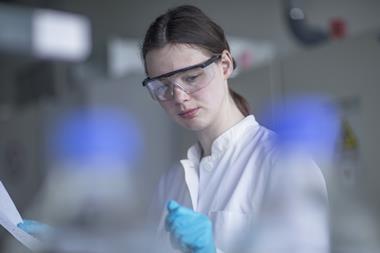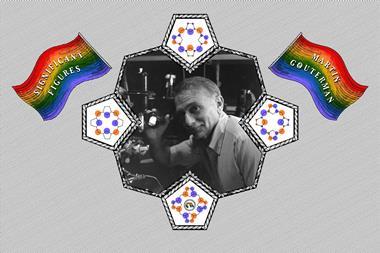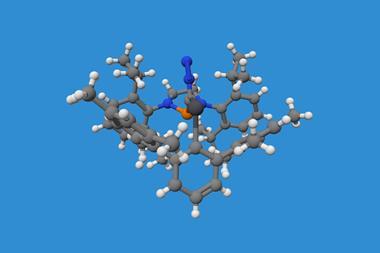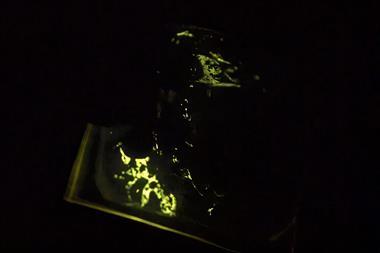As part of the Building a better chemistry culture series, this webinar focusses on the 2021 #MentalHealthAwarenessWeek (10-16 May) theme: access to nature and the impact it can have on our mental wellbeing.
Spending time in nature can have a profoundly positive impact on our mental wellbeing. Whether it’s taking part in physical activities, caring for plants or simply enjoying the green spaces around us, there is little doubt about the positive effects it can bring.
However, not everyone has equal access to nature so it’s important that we recognise and address inequalities and how nature in its many forms could be made accessible to all.
Join us to learn about the connections between nature and mental wellbeing, as well as the importance of this to building inclusivity in the chemical sciences.
Our speakers, Alistair Griffiths (Royal Horticultural Society), Anjana Khatwa (Wessex Museums) and Patricia Zurita (BirdLife International), will discuss:
- the benefits of having access to nature on mental health and wellbeing, and how this connects to the chemical sciences
- what it means to have access to nature and green spaces, as well as inequalities of access and how nature in its many forms can be made accessible to all
- the importance of environmental preservation to mental wellbeing
BSL interpretation will be provided by Rachael Dance and Steve Churchill.
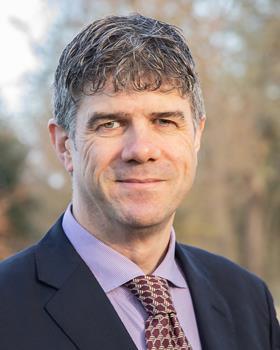
Speaker: Alistair Griffiths, Director of science and collections, Royal Horticultural Society
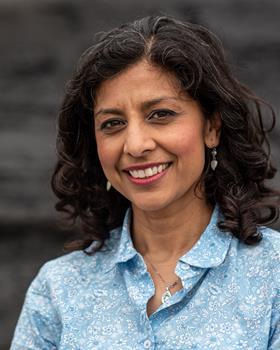
Speaker: Anjana Khatwa, Engagement lead, Wessex Museums
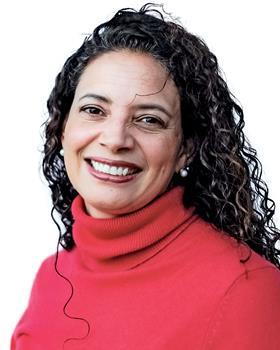
Speaker: Patricia Zurita, Chief Executive Officer, BirdLife International

Interpreters: Rachael Dance and Steve Churchill
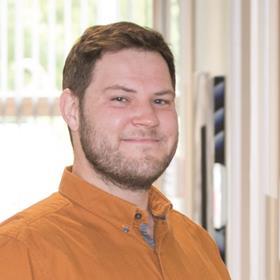
Moderator: Benjamin Valsler, digital editor, Chemistry World magazine

Chemistry World and the Inclusion and Diversity team at the Royal Society of Chemistry are proud to offer a webinar series to support the chemical sciences community in response to and beyond the Covid-19 pandemic.
Throughout the Building a better chemistry culture series, we will illuminate the science behind the issues being experienced and provide support tailored to the needs of chemical scientists including sharing coping strategies and reducing stigma around mental health and wellbeing.
The Inclusion and Diversity team drives and coordinates the strategy across all Royal Society of Chemistry activities to support a more inclusive and diverse chemical sciences community. Through research, advocacy and recognising success, we are working to make ‘chemistry for everyone’ a reality. Find out more about our work here.
Building a better chemistry culture

A series of online events to support the chemistry community during and beyond the Covid-19 pandemic
- 1
- 2
 Currently
reading
Currently
reading
Nature and mental wellbeing – Building a better chemistry culture
- 4
- 5
- 6
- 7
- 8
- 9






















